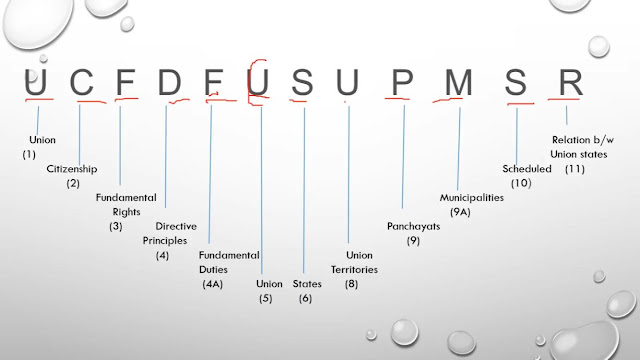DIFFERENCE BETWEEN WRIT AND PIL
Differences between a Writ and PIL:
#1. Writs are filed by institutions or individuals for benefit in their own cases, whereas, PIL is an application that is filed by any citizen for easing out any undue botheration or inconvenience faced by the public at large. Public interest litigation is not defined in any statute or any act. It has been interpreted by a judge to consider the intent of public at large. Following are the various areas where a PIL can be filed against State/Central Govt./Municipal authorities or any private party.
(a) If there’s abuse of elementary human rights of the underprivileged.
(b) If there’s inappropriate content or conduct of government policy.
(c) To force municipal authorities to accomplish a public duty.
(d) If there’s violation of religious rights or any basic fundamental rights.
#2. Writs are issued by the Supreme Court of India under Article 32 and Article 139. Writs can be issued by High Court of the States under Articles 226. On the other hand, PIL’s are applications/writs that are filed by any citizen for easing out inconvenience faced by the public at large and they are not defined in any Statute.
#3. The process of filing writ is expensive, complicated and time-consuming. But in PIL, the process is cheap and simplified. Also in PIL, the rule of locus standi, that is, the right to appear an action appear in a court, is relaxed, which is not the case with Writs. In writs. the locus standi is followed.
#4. In Writs, the evidence is strictly examined, whereas, in PIL, the evidence is narrow and doesn’t involve as many technicalities as there are in the Writs. For example; PILs can be presented by anybody whether they have suffered or not. Other people can also file no matter if they have an interest in it or not. While Writs can be filed only by the aggrieved party.
#5. The subject for which the action is demanded is of public interest in PIL, and the judgement and view of a judge are very crucial as it concerns the national welfare. In Writ, the subject matter is of private interest, and judges work is just to examine the evidence.

Comments
Post a Comment